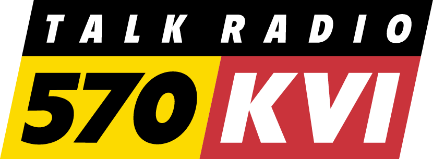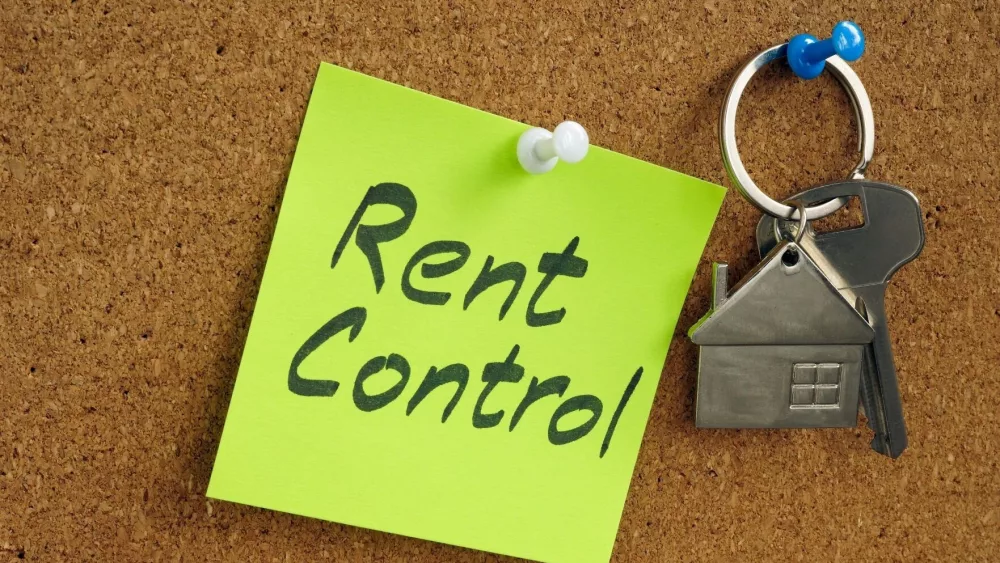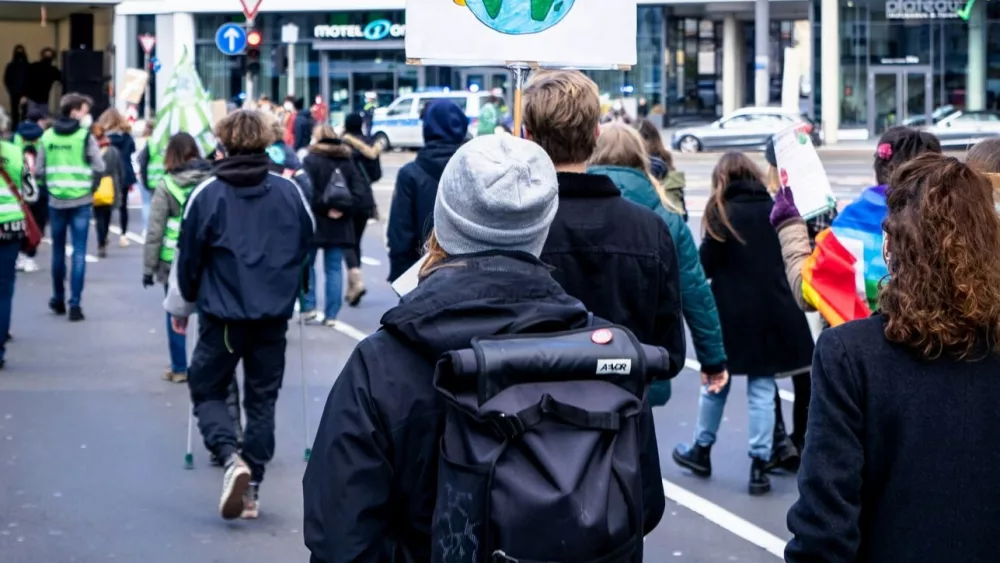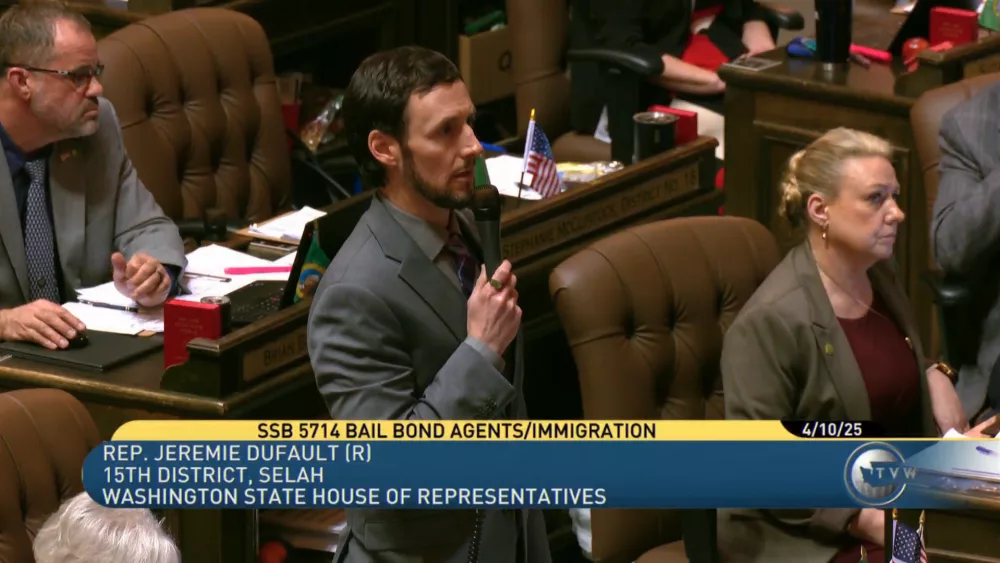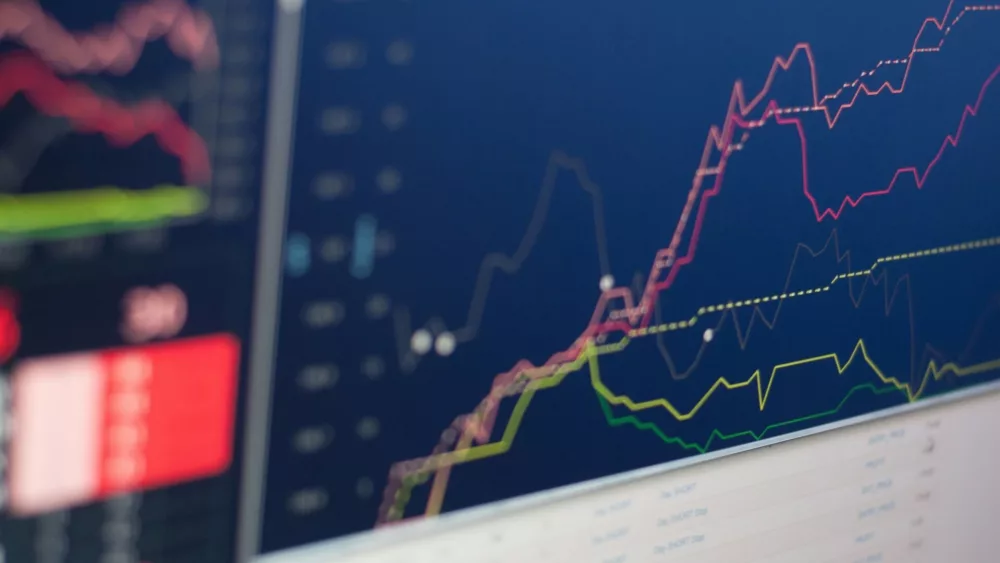(The Center Square) – Washington lawmakers from both the state House of Representatives and the Senate are proposing bills that would require the Port of Seattle to use a portion of levy revenues to mitigate the effects of noise and air pollution for residents near the Seattle-Tacoma International Airport.
Senate Bill 5955, sponsored by state Sen. Karen Keiser, D-Des Moines, would establish the port district environmental equity fund, which would provide grants or loans to the Seattle Port undertaking remedial action plans for noise abatement.
The Port of Seattle would be the only port district subject to this act and would be required to utilize at least half of the dollar amount of the port district’s levy revenue over the prior year’s levy for its remedial mitigation program after July 1.
Seattle-Tacoma International Airport averages more than 1,000 jet flights per day. Spokane International Airport, by contrast, averages fewer than 250 jet flights per day, according to the proposed bill.
After July 1, 2025, at least 1% of a port district’s annual tax levy revenue would be utilized for the program. A port district would have to dedicate a maximum of 10% of its annual tax levy revenue per year.
Companion legislation in the other chamber in the form of House Bill 2103, sponsored by state Rep. Tina Orwall, D-Des Moines, matches SB 5955 in proposing a requirement that a portion of the Port of Seattle’s regular tax levy revenue be used for the remedial mitigation program.
The house bill also requires the port to conduct community outreach prior to taking an action involving a capital project with a value of $12 million or more.
The Port of Seattle levy rate is set at 10.6 cents per $1,000 in assessed value. The port anticipates approximately $1 billion in operating revenue in 2024. Out of the $1 billion, about 6.3% [$86.7 million] will come from the regular tax levy within the port. The maximum allowable levy for the port in 2024 is $115.6 million.
Remedial mitigation could include the repair or replacement of sound mitigation equipment that is not performing well; the provision of sound mitigation equipment to residences and facilities near the airport; air quality mitigation equipment; and programs to provide urban forests or green space within an area impacted by airport pollution.
“The tens of thousands of people in my communities are subjected 24/7 to noise pollution and air pollution that is specific to jet engines,” Keiser told the Senate Local Government, Land Use & Tribal Affairs Committee on Tuesday.
Keiser was referring to ultrafine particles emitted from airplanes. The particles were measured in a study conducted by the University of Washington that found found said particles spread around a 10 mile circumference of the Seattle-Tacoma International Airport.
“These particles are so small, they can pass the blood-brain barrier [and] they can get into a placenta,” Keiser added. “They are, I believe, one of the reasons why the health measures in our community are so bad.”
Both bills currently sit in their respective committees.

